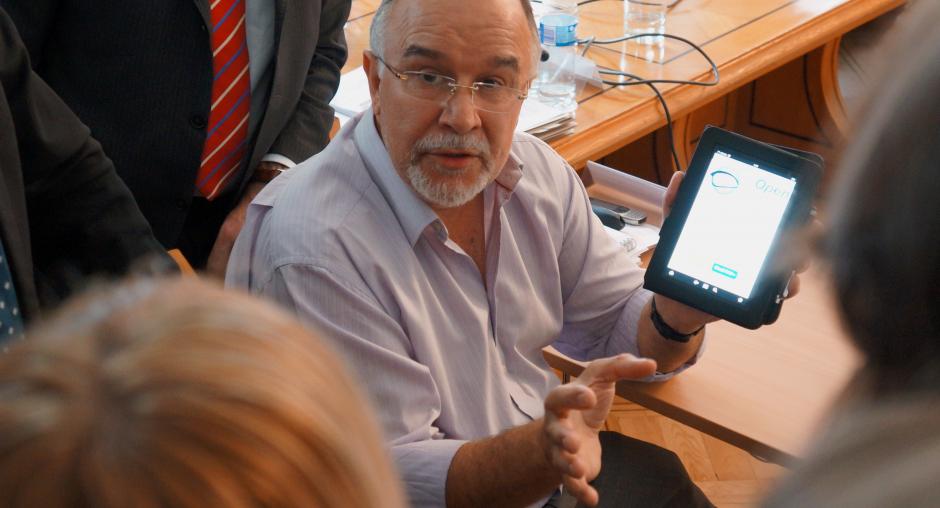New trends and challenges in trial monitoring examined at ODIHR annual meeting in Warsaw

Recent trends and challenges in the monitoring of trials were the focus of a meeting that brought together representatives of civil society and OSCE field missions at the OSCE Office for Democratic Institutions and Human Rights (ODIHR) in Warsaw on 7 and 8 October 2013.
This year, the annual event was broadened to include representatives of international and national NGOs from across the OSCE region working in the area of trial monitoring. They shared experiences and good practices, and highlighted increasing use of social media, new electronic technologies, and the monitoring of trials by journalists and young human rights activists as new trends in this field.
“By opening the annual meeting to civil society even further, we are broadening the scope of ODIHR’s involvement,” said Maria Alcidi, Rule of Law Officer at ODIHR. “NGOs conduct trial-monitoring activities based on different methodologies, so this exchange of information is highly beneficial for the OSCE’s own work in this field.”
The trial-monitoring meetings are now in their eleventh year and are aimed at reinforcing the skills of practitioners, and to contribute to the better implementation by participating States of OSCE commitments in the area of fair trial rights and due process.
Jo Faafeng, Senior Judicial Officer at the OSCE Presence in Albania, said: “These meetings have been tremendously helpful for our justice reform efforts, in that they have provided participants with a platform for sharing knowledge about new methodologies, trends and challenges in trial monitoring.”
During the meeting, ODIHR also presented its new Handbook for Monitoring Administrative Justice, developed in co-operation with the Stockholm-based Folke Bernadotte Academy. The publication provides an overview of the main fair trial standards and OSCE commitments in the area of administrative justice, as well as practical information on monitoring administrative proceedings.
